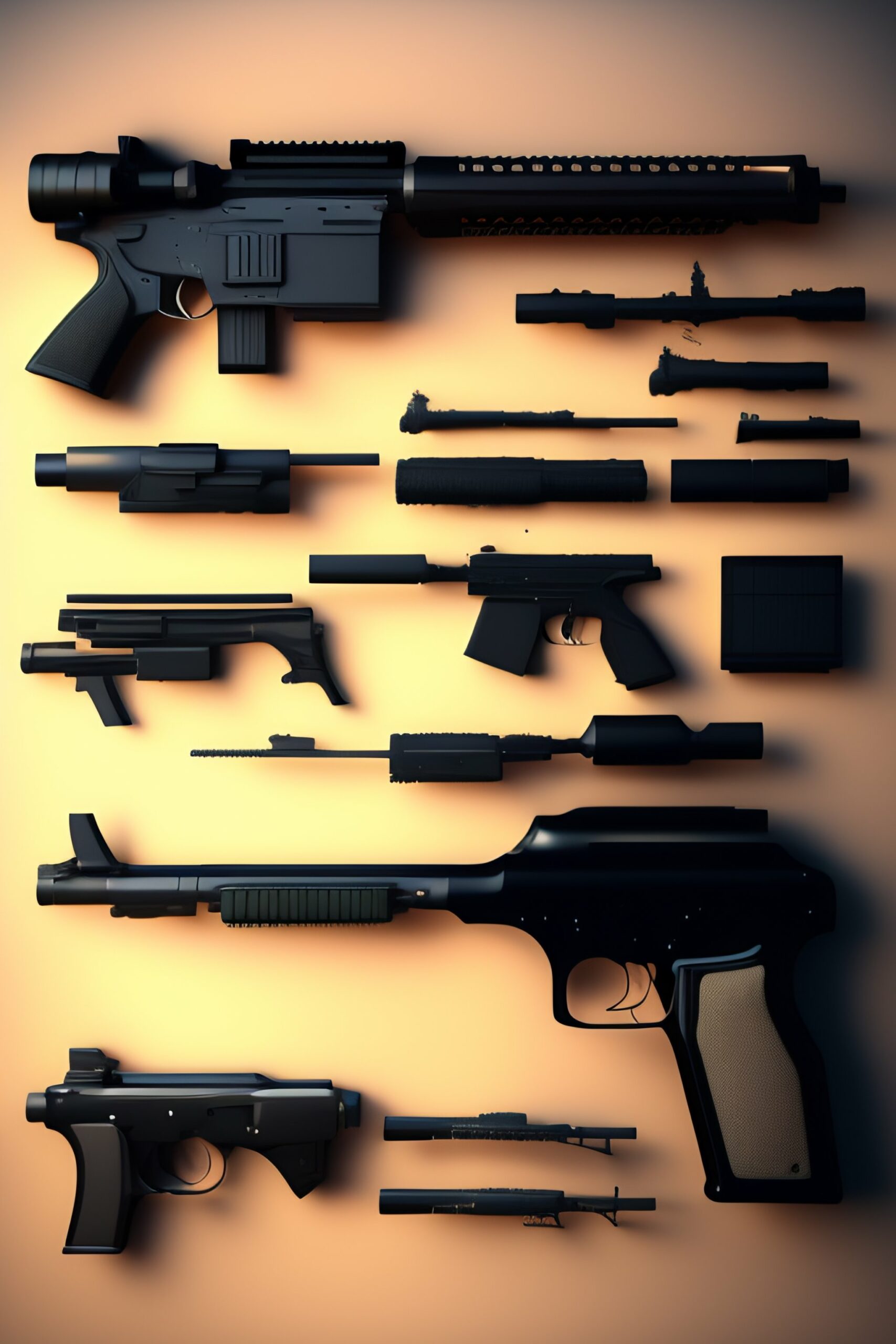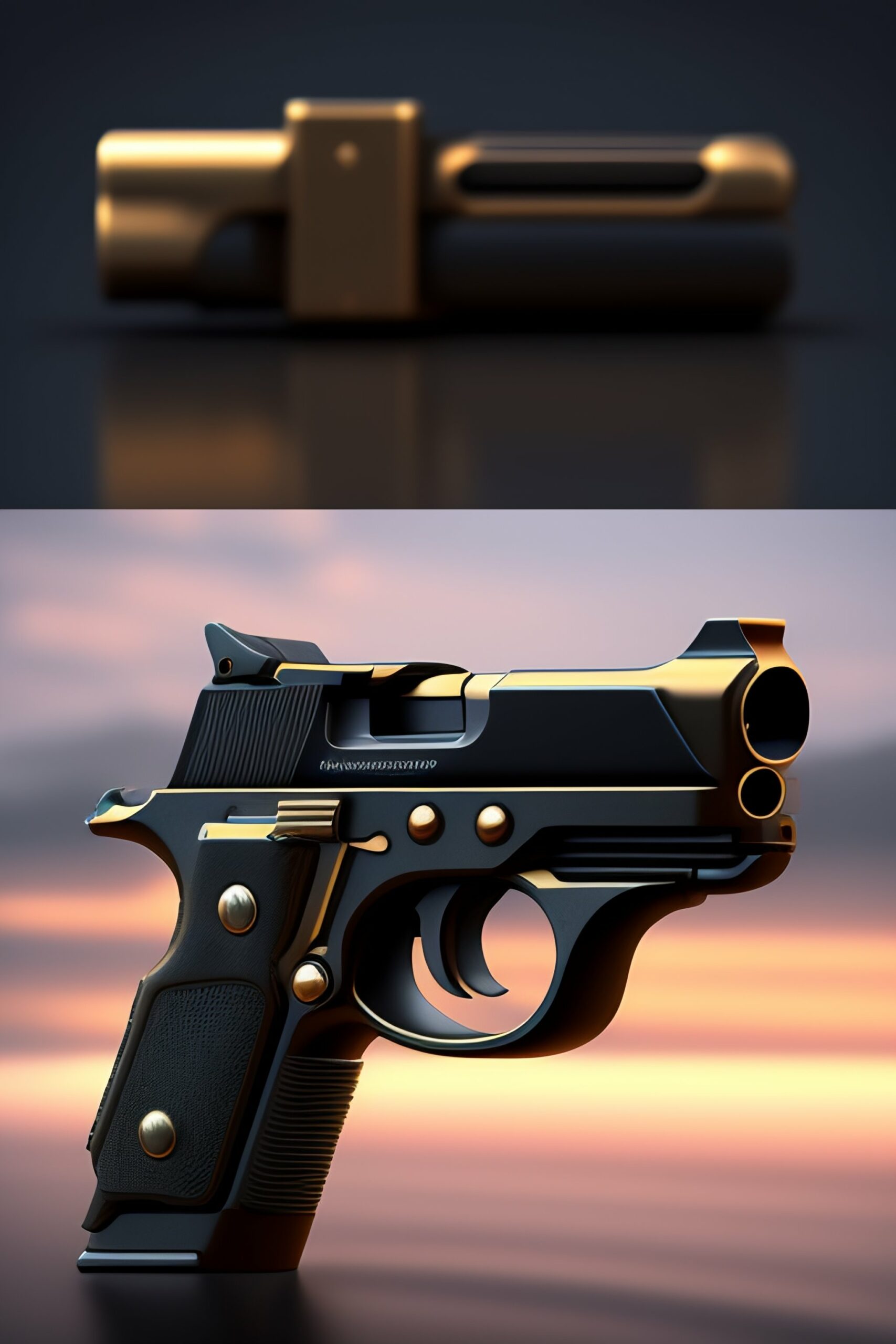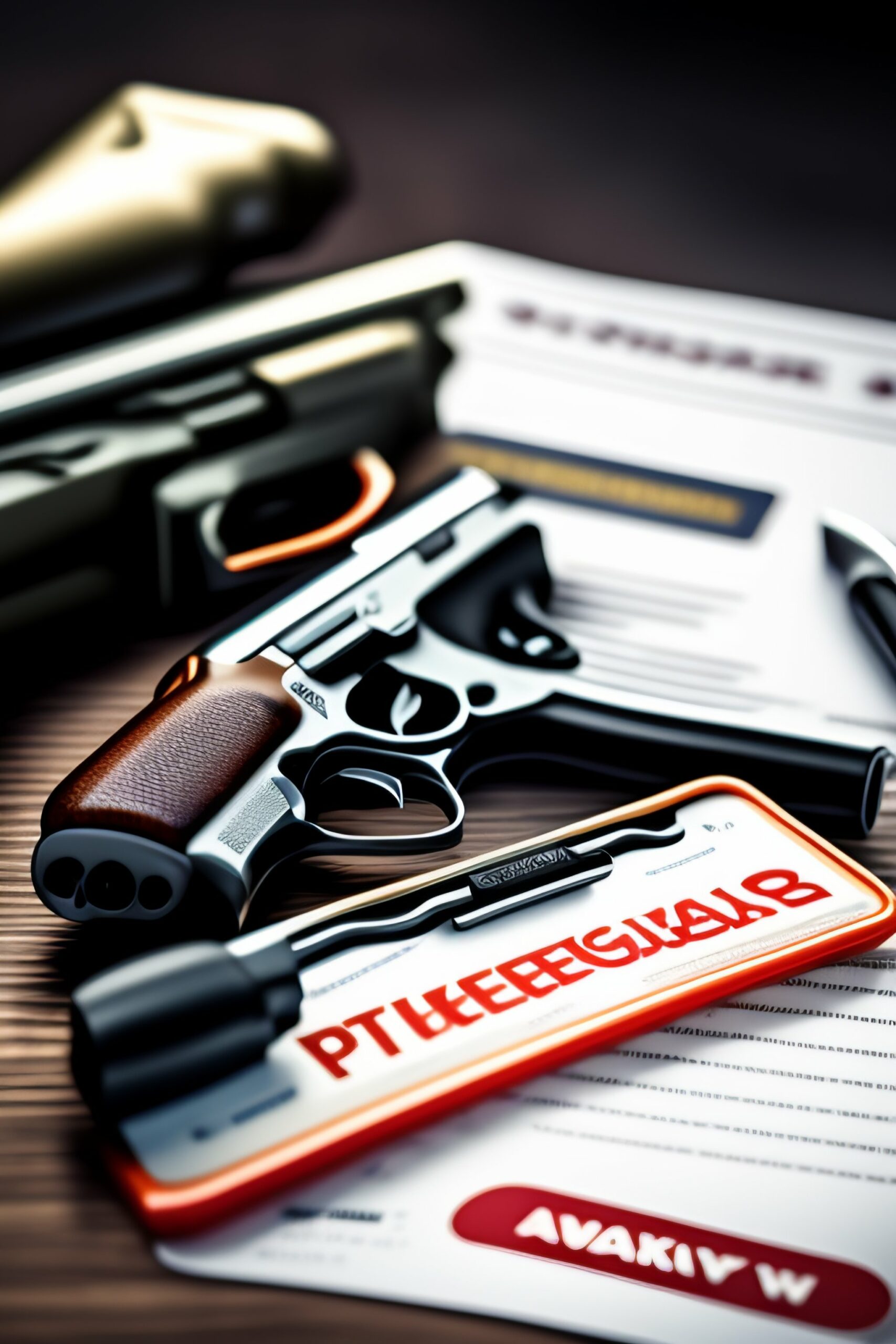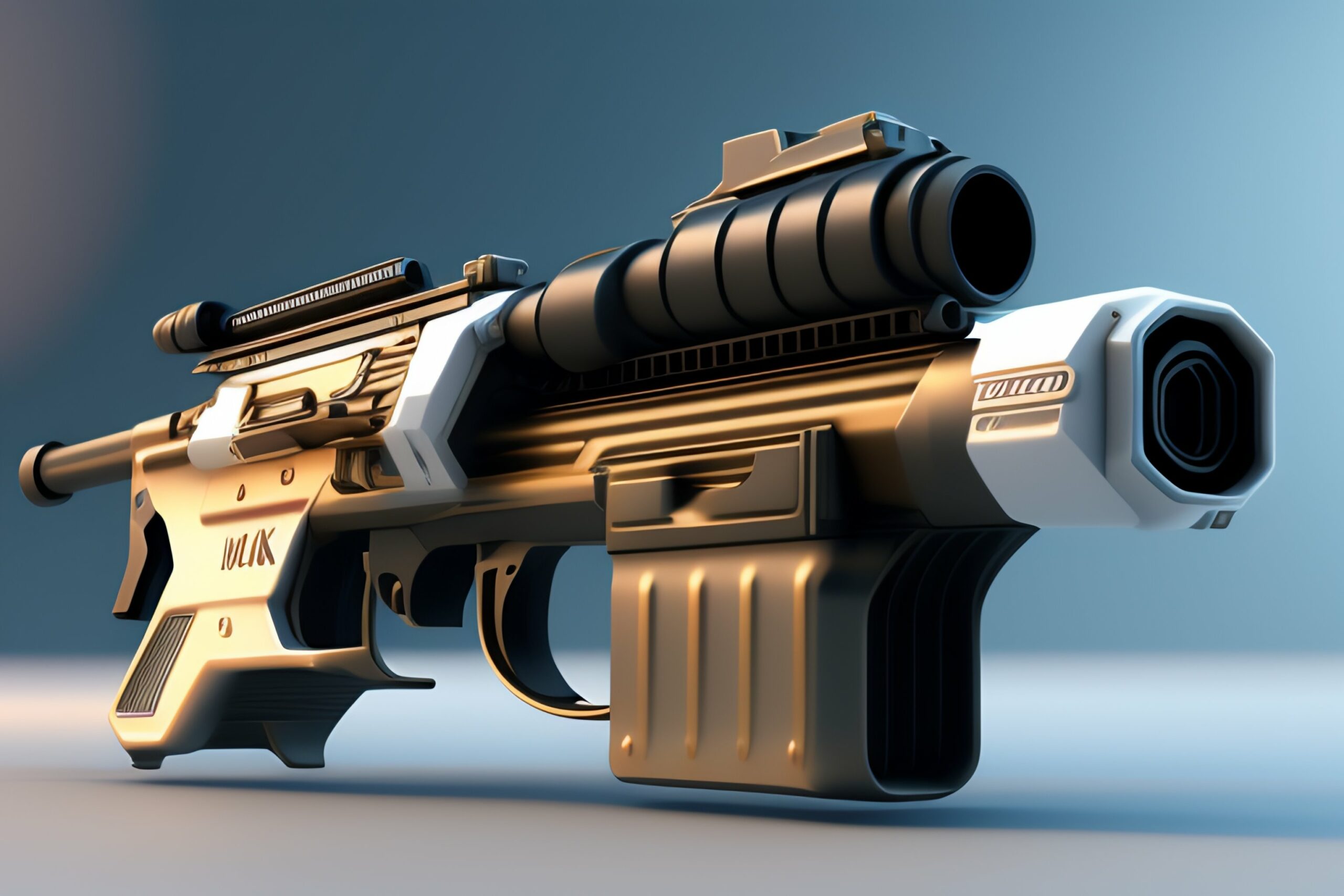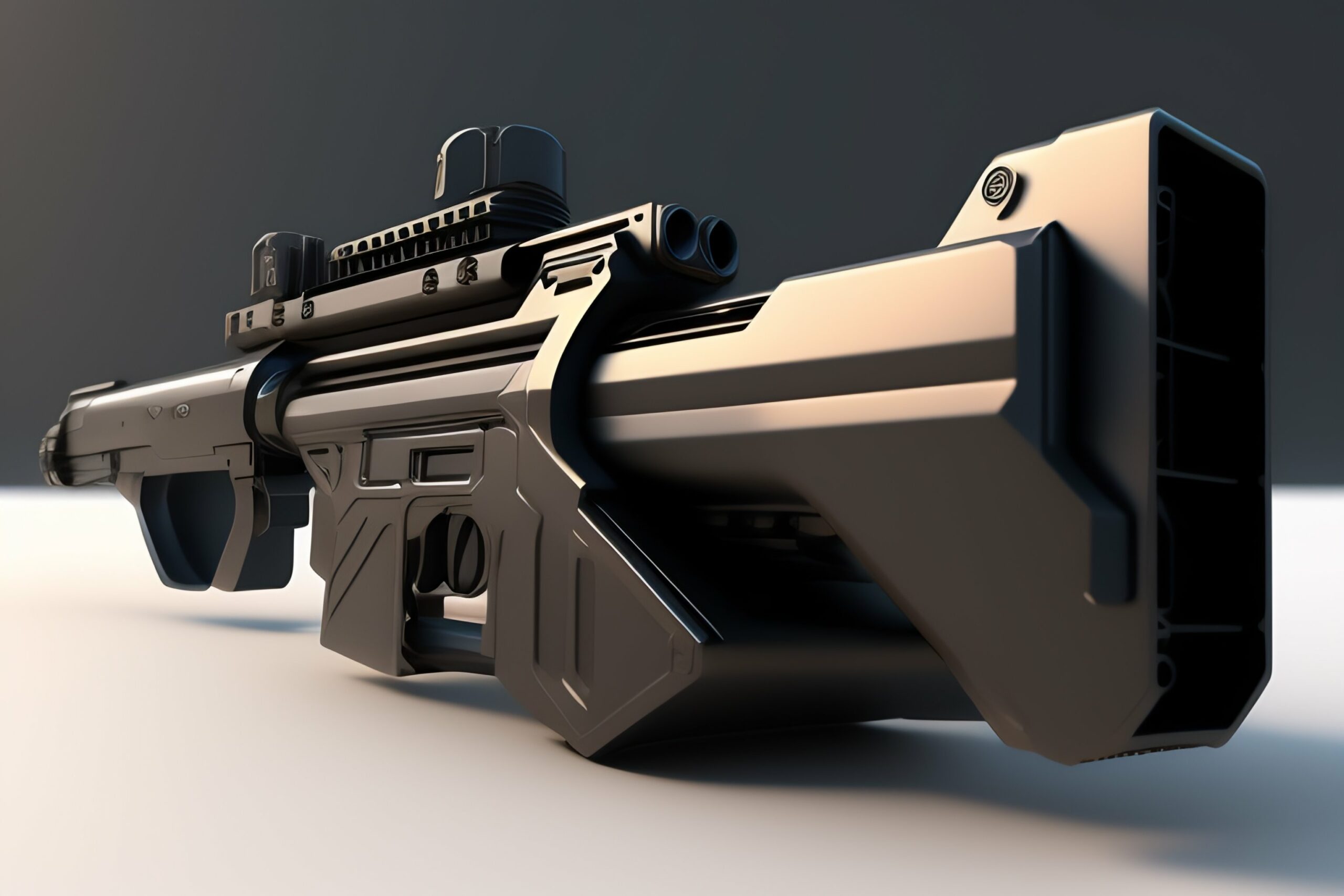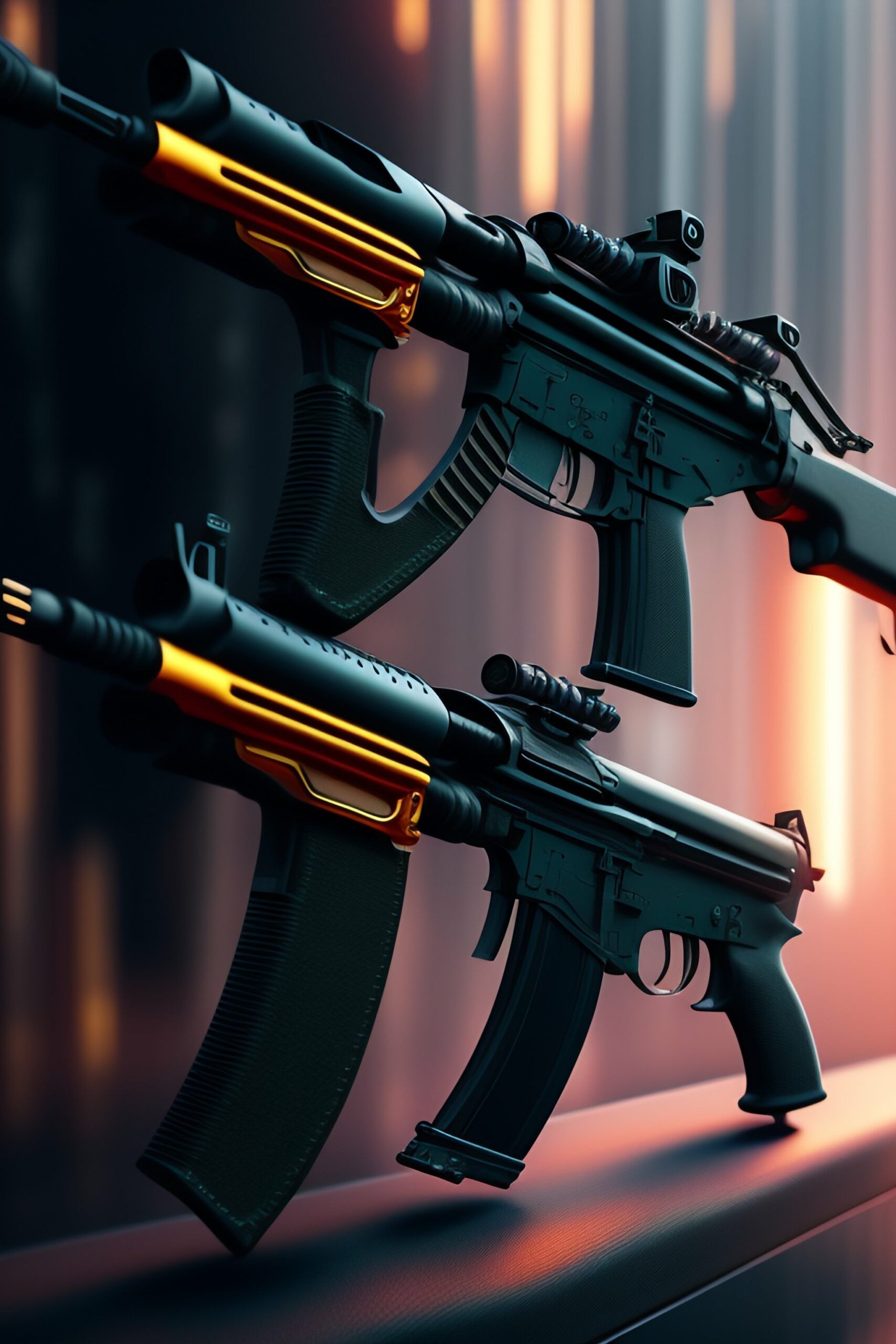Automatic weapons have been a source of debate for decades. On one side, there are those who argue that automatic weapons should be banned due to their potential for mass destruction. On the other side, there are those who argue that automatic weapons are necessary for self-defense and should remain legal.
The debate over automatic weapons is complex and multifaceted. It involves questions of public safety, the Second Amendment, and the role of the government in regulating firearms. To better understand the debate, it is important to look at the history of automatic weapons, the current laws governing them, and the arguments for and against their use.
The history of automatic weapons dates back to the late 19th century. The first automatic weapons were developed by Hiram Maxim in 1884. These weapons were designed to fire multiple rounds with a single pull of the trigger. Since then, automatic weapons have been used in a variety of military and civilian applications.
In the United States, automatic weapons are regulated by the National Firearms Act of 1934. This law requires that all automatic weapons be registered with the Bureau of Alcohol, Tobacco, Firearms, and Explosives (ATF). It also requires that all purchasers of automatic weapons undergo a background check and obtain a special license.
The debate over automatic weapons centers around the question of whether or not they should be allowed in civilian hands. Those who argue in favor of automatic weapons point to their usefulness in self-defense and hunting. They argue that the Second Amendment guarantees the right to bear arms and that automatic weapons are a necessary part of that right.
On the other side, those who argue against automatic weapons point to their potential for mass destruction. They argue that automatic weapons are too dangerous to be in civilian hands and that they should be banned. They also point to the fact that automatic weapons are rarely used in self-defense and that their use in hunting is unnecessary.
The debate over automatic weapons is complex and multifaceted. It involves questions of public safety, the Second Amendment, and the role of the government in regulating firearms. Ultimately, it is up to the public to decide whether or not automatic weapons should be allowed in civilian hands.

